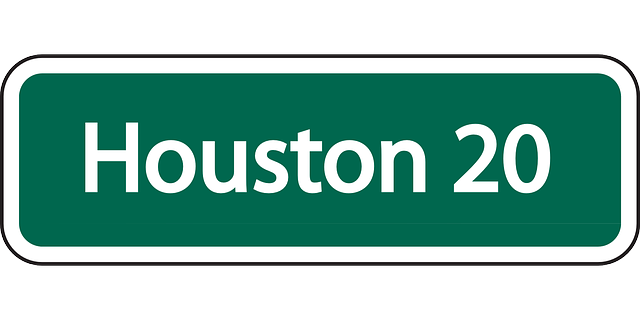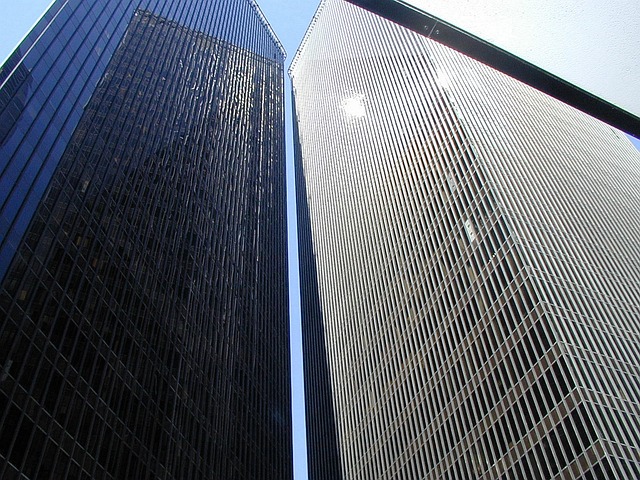Houston's real estate market is booming, with growing demand pushing up property values. Investing in fire-damaged homes presents a strategic opportunity for investors to buy undervalued properties at competitive prices and benefit from the city's resilience. By carefully assessing damage, implementing renovation plans, understanding local regulations, and securing financing, investors can either flip or rent out restored properties, generating significant returns while contributing to Houston's real estate revival. When dealing with fire-damaged homes, knowledge of legal aspects, including inspections, contracts, zoning laws, and insurance claims, is crucial for fair settlements and optimal investment success in the Houston market.
“Explore the lucrative world of real estate investing in dynamic Houston, where a unique blend of market trends and opportunities awaits. This article guides you through the ins and outs, from understanding the city’s vibrant property scene to uncovering the specific allure of fire-damaged homes in Houston. We delve into successful strategies and legal considerations, offering insights for savvy investors navigating post-disaster property sales. Discover how buying and selling fire-damaged homes in Houston can be a rewarding yet meticulous process.”
- Understanding the Houston Real Estate Market: Trends and Opportunities
- The Appeal of Investing in Fire-Damaged Properties
- Navigating Post-Disaster Property Sales: Houston's Case Study
- Strategies for Successful Real Estate Investors in Houston
- Legal Considerations: Buying and Selling Fire-Damaged Homes
Understanding the Houston Real Estate Market: Trends and Opportunities

Houston’s real estate market has experienced significant growth and diversification over recent years, presenting a plethora of opportunities for investors. One notable trend is the increasing demand for properties in emerging neighborhoods, such as Midtown and Downtown, where urban living is gaining popularity. This shift in preference, coupled with a robust economy and a growing population, has driven up property values across the board.
For those looking to capitalize on this dynamic market, considering niche areas like buying and rehabilitating selling fire damaged homes in Houston can be a strategic move. With the right investment and renovation strategies, investors can acquire properties at potentially lower prices, then restore them to their former glory or even exceed it. This approach not only offers attractive returns but also contributes to the city’s real estate revival, revitalizing communities one home at a time.
The Appeal of Investing in Fire-Damaged Properties

Investing in fire-damaged properties in Houston presents a unique opportunity for real estate investors. Many homeowners and businesses face the challenge of rebuilding after a fire, leading to a range of distressed properties available at competitive prices. This can be an attractive proposition for savvy investors looking to acquire undervalued assets. With careful assessment and renovation, these damaged homes can be transformed into profitable rental properties or sold at a later date when the market recovers, potentially generating significant returns.
Houston’s resilient real estate market, coupled with its high demand for housing, makes it an ideal location for this strategy. The city’s growing population and diverse economy ensure that there is always a need for residential and commercial spaces. When a fire damages a property, it creates a short-term vacancy that can benefit investors willing to step in and renovate. By quickly addressing the damage and conducting necessary repairs, investors can capitalize on the market’s demand and either sell the restored property at a higher price or secure long-term tenants, ensuring a steady income stream.
Navigating Post-Disaster Property Sales: Houston's Case Study

Navigating Post-Disaster Property Sales: Houston’s Case Study
Houston, a resilient city known for its vibrant real estate market, often faces unique challenges when it comes to post-disaster property sales. Whether it’s a result of hurricanes, floods, or other natural calamities, the city has learned to adapt and navigate these situations effectively. When a fire damages a home, it creates a specific set of considerations for both sellers and buyers. The process involves assessing the extent of damage, understanding insurance claims, and managing expectations. Houston’s real estate investors have shown remarkable adaptability in purchasing fire-damaged properties, recognizing them as opportunities for renovation and potential profit.
In the aftermath of a fire, property values can be impacted, but experienced investors see this as a chance to secure homes at potentially lower prices. The market dynamics change, and buyers who are willing to take on the restoration process can find great deals. This scenario presents a unique opportunity for Houston’s real estate landscape, where sellers can restore their properties to their former glory or even improve them, catering to the city’s growing demand for housing. By embracing these challenges, Houston continues to showcase its resilience and adaptability in the face of disasters, making it an attractive market for both local and out-of-state investors looking to sell fire damaged homes.
Strategies for Successful Real Estate Investors in Houston

Successful real estate investors in Houston employ diverse strategies to navigate the competitive market and maximize returns. One lucrative approach involves identifying undervalued properties, particularly those affected by fire damage. Selling fire damaged homes in Houston can be a lucrative opportunity for investors due to the city’s frequent hurricanes and storms. These properties often come at lower prices, providing an entry point for buyers looking to renovate and flip or hold for rental income.
Investors who specialize in this niche focus on the potential for significant gains after repairs. They carefully assess each property’s damage, create detailed restoration plans, and secure competitive financing. By offering quick cash to homeowners eager to rebuild, these investors can secure prime deals and quickly return to the market with improved, high-demand properties. This strategy requires a deep understanding of local regulations, construction costs, and Houston’s unique real estate dynamics.
Legal Considerations: Buying and Selling Fire-Damaged Homes

When considering the purchase or sale of a fire-damaged property in Houston, investors must navigate a series of legal considerations. Buying and selling a fire-damaged home involves unique challenges, from assessing liability to understanding insurance policies. Investors should begin by thoroughly inspecting the property to determine the extent of damage and potential safety hazards. This step is crucial as it impacts both the valuation and repair costs, which can significantly affect investment returns.
Legal agreements, such as contracts and disclosures, must be carefully reviewed and tailored to Houston’s specific regulations regarding fire-damaged properties. Investors should also be aware of local zoning laws that might restrict reconstruction or redevelopment after a fire. Additionally, handling the insurance claim process requires expertise; investors need to understand their rights and obligations while dealing with insurance companies to ensure a fair settlement.
Houston’s real estate market, characterized by its resilience and diverse opportunities, presents a compelling case for investors looking to buy and sell fire-damaged homes. Navigating post-disaster property sales requires a strategic approach, as highlighted in this article. By understanding market trends, leveraging legal considerations, and adopting effective strategies, investors can successfully capitalize on the unique appeal of fire-damaged properties in Houston. Embracing these insights empowers investors to contribute to community renovation while achieving profitable outcomes in the dynamic Houston real estate landscape.






